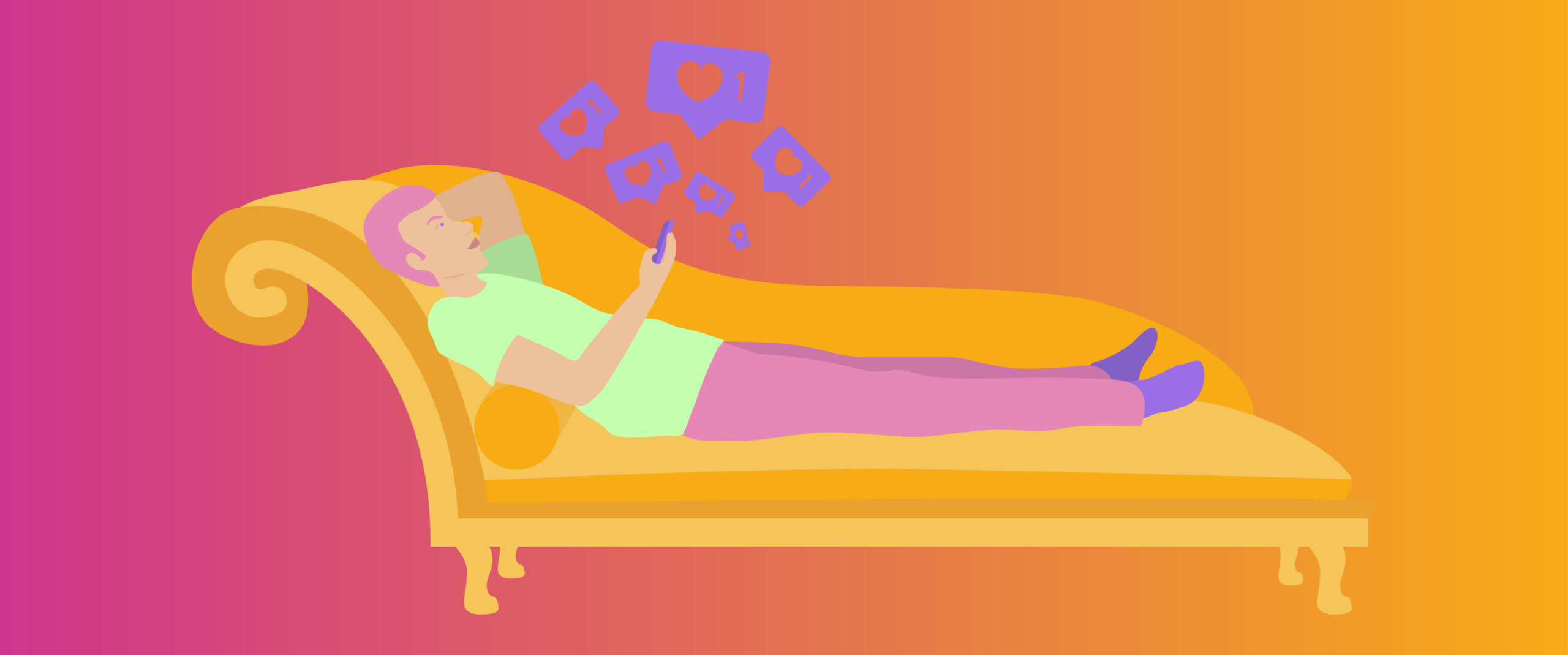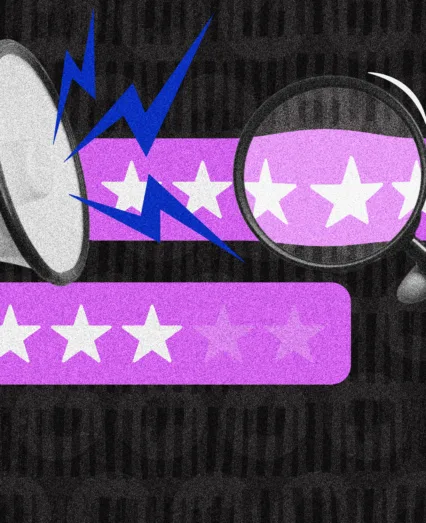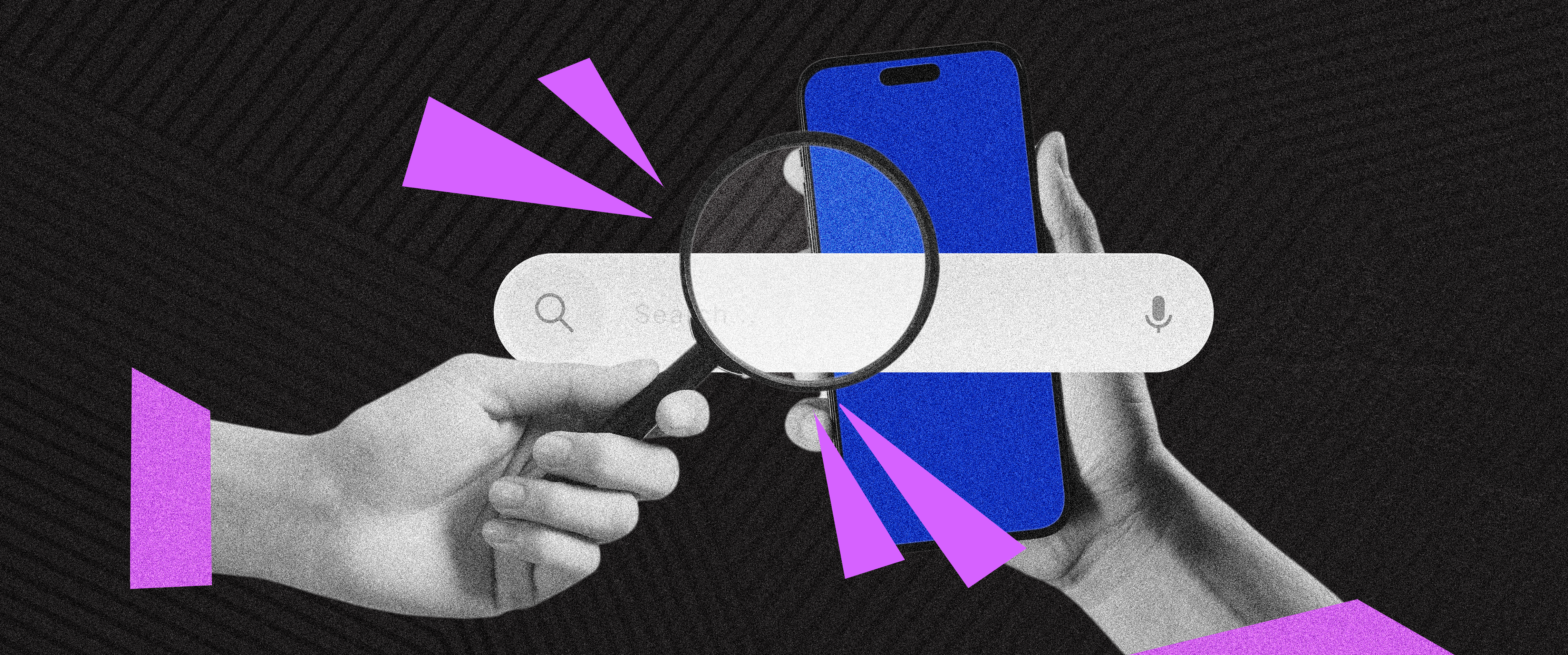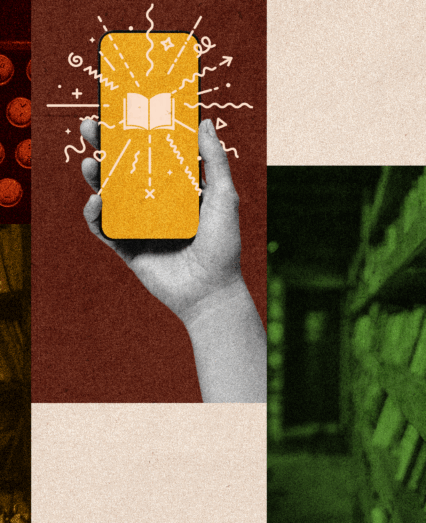It’s a common thought that Instagram is where relationships go to die. People everywhere are stressing over whose photos their significant others are liking and who is sliding into whose DMs. It’s a cultural phenomenon in which the mental health of millennials and Gen Z-ers is being torn apart by this all-powerful photo-sharing app.
But another recent phenomenon within younger generations is the increasing acceptance of therapy and the conscious decision to unlearn harmful behavior within relationships.
In come the Instagram therapists.
If you haven’t already stumbled upon these accounts on your “Explore” page, you may think this unfamiliar concept is few and far between. But if you do find yourself venturing into this black hole of self-healing and boundary-setting, you’ll quickly find there are countless pages dedicated to reiterating the same core concepts with different color schemes and branded logos.
None of that is to say that this information is oversaturated or meaningless. No matter how many times you read about how important it is to re-parent yourself (translation: healing your childhood traumas), there are endless recommendations for implementing that practice. Presenting a multitude of concrete examples is one of the necessary methods for giving advice that goes out to thousands of individuals with different lived experiences who are all looking for the same happily ever after.
Philadelphia’s own Elizabeth Earnshaw (@lizlistens) is a licensed couples therapist who actively shares her #lovelessons online. Her page is filled with flow charts, in-depth guides, and graphics that showcase examples of everyday people to help you visualize how to incorporate her practices into your own life.
Earnshaw acknowledges the “sea of mental health advice” that her followers take in on a daily basis and suggests simply: “Offer yourself love and compassion. Heal childhood wounds. Set boundaries. Get comfortable with feelings.”
Among her contemporaries, Sara Kuburić and Nicole LePera run the aptly titled @millennial.therapist and @the.holistic.psychologist, respectively, where they both share their own versions of how to heal. Both offer guided journals for users to take their practices to the next level for those itching to do more than occasionally scrolling past their posts.
Kuburić’s more minimal approach focuses on the basics of “what it means to be a human.” She branches off of this fundamental notion into specific lists of what commonly healthy and unhealthy behavior looks like. Each list and lesson often boils down to her ultimate goal, which she says is to “help you feel empowered, live freely and authentically, [and] thrive in your relationships with yourself and others.”
LePera’s following has grown so large that many of her lessons have turned into lengthier YouTube videos where she delves even deeper into her Instagram-rooted subjects. Her topics range from explaining attachment styles to guiding you to “respond” and not “react” and prove that there really are unlimited ways to study and discuss these common relational concepts.
Both Earnshaw and Kuburić have Story Highlights that contain a disclaimer for those who may be tempted to use their advice in place of actual therapy. Both reiterate their inability to answer to follower-specific situations (as one would in face-to-face therapy) and the lack of privacy involved with interacting on the unencrypted social platform.
So while Instagram may not be the perfect solution to your relationship woes, following some of these accounts could help you become a #selfhealer if you actively choose to integrate some of their practices into your daily life.
As most would point out, in-person therapy is usually the best route if you’re struggling with serious issues. But bringing more attention to these positive mantras and normalizing these discussions may lead current and future generations to engage in healthier relationships than the ones that raised us.



